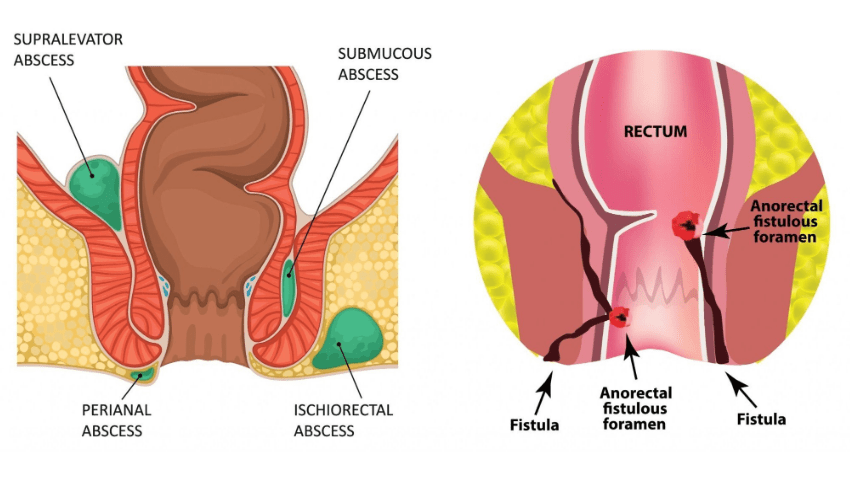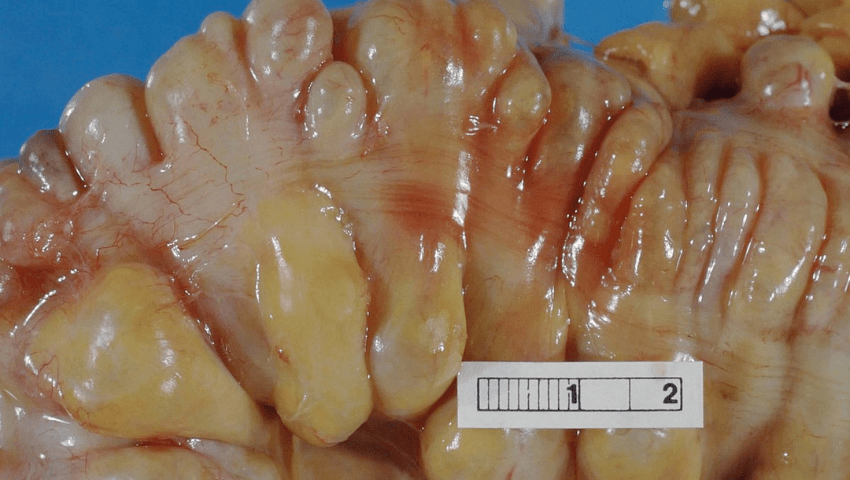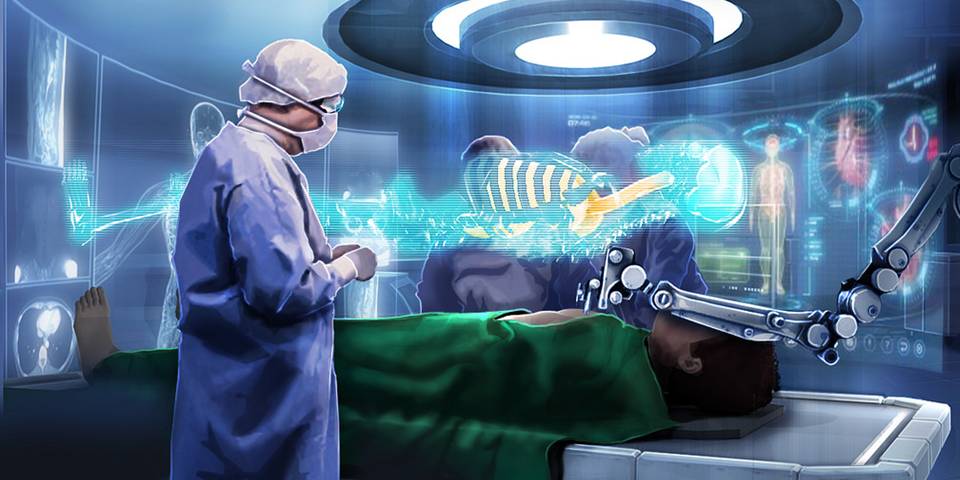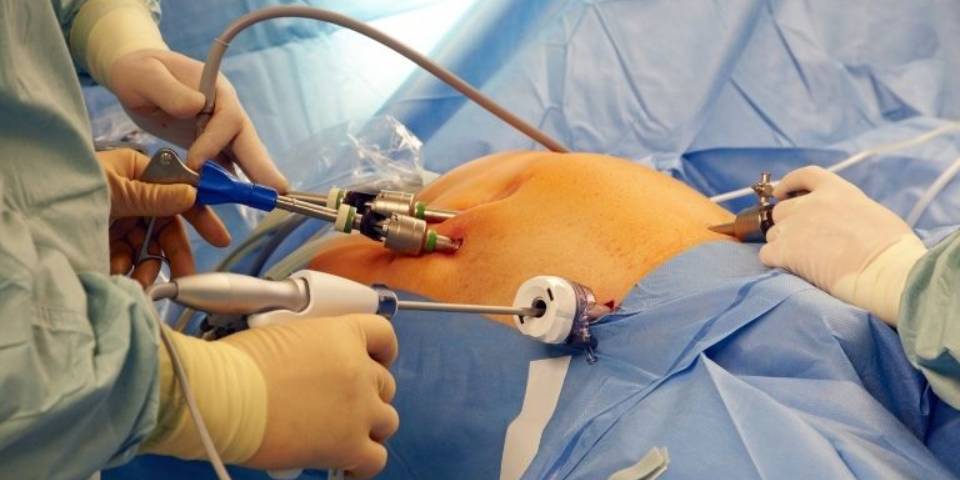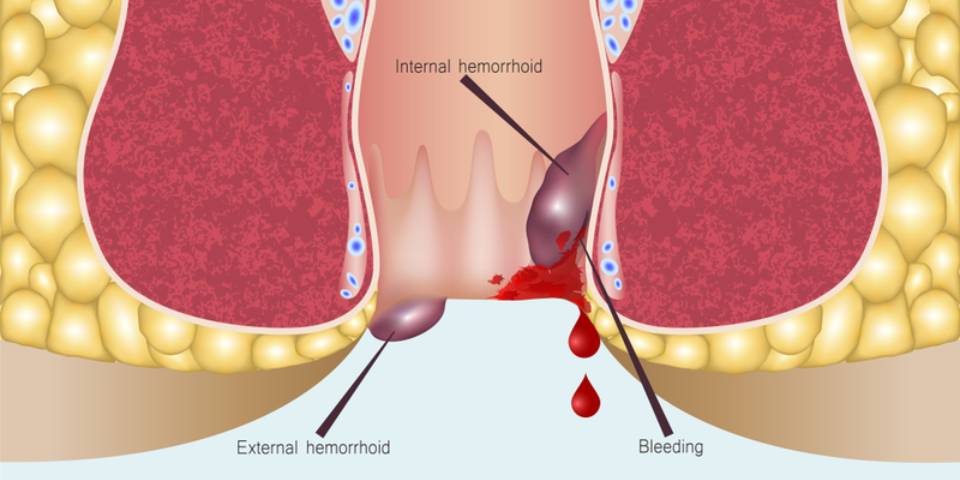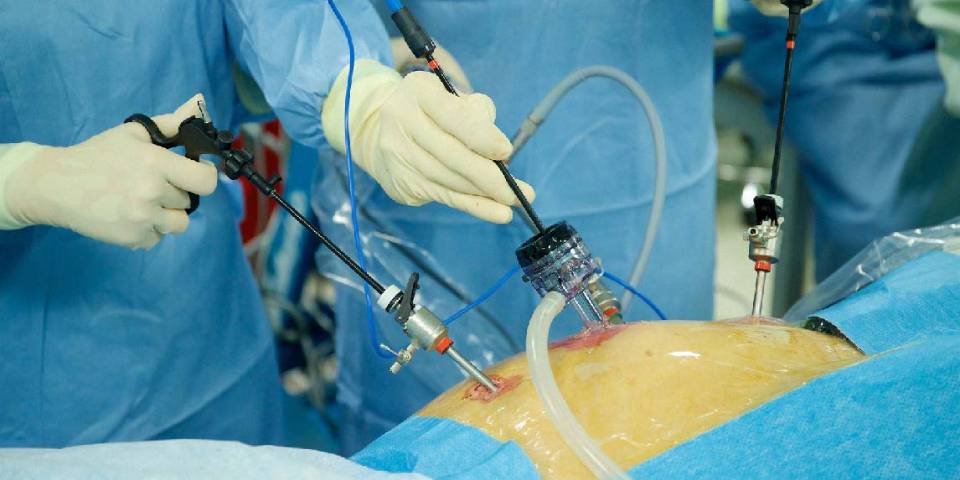Fistula in Anus: Understanding Symptoms and Treatment Options
Anal fistula is a painful condition caused by an infected anal gland. In this presentation, we will explore the different types of anal fistula, their symptoms, and the various treatments available. Overview of Anal Fistula What is an Anal Fistula?

